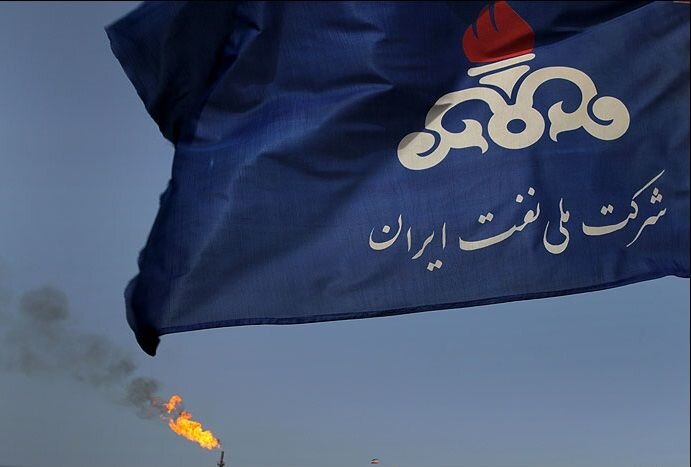Iran's oil industry took a significant step forward on Sunday with the signing of historic contracts valued at over $13 billion. The agreements, hailed as the biggest in the past decade by Shana, the nation's official oil news agency, aim to significantly increase daily oil production by tapping into six major oil fields.
The ceremony, broadcasted live on state television, showcased the Iranian government's commitment to expanding its oil sector despite facing ongoing Western sanctions. The awarded contracts will focus on developing the Azadegan Integrated field, the second phase of the Azar field, the second phase of the Masjed Soleyman field, and the Sumar, Saman, and Delavaran fields.
This strategic move comes amidst a backdrop of rising global oil prices fueled by the ongoing war in Ukraine. Iran, currently the world's seventh-largest oil producer according to the US Energy Information Administration (EIA), boasts the world's third-largest proven oil reserves, trailing behind only Venezuela and Saudi Arabia. Capitalizing on this vast resource holds immense potential for Iran's economic growth, but sanctions have hampered its ability to fully exploit this advantage.
The Iranian government hopes that by relying on domestic companies for these oil field developments, it can circumvent the limitations imposed by sanctions. This approach aims to bolster the country's self-sufficiency in the oil sector and lessen its vulnerability to external pressures.
The success of these newly signed contracts hinges on several factors. Firstly, Iran's domestic oil companies will need to possess the necessary technical expertise and infrastructure to undertake these large-scale projects. The effectiveness of the sanctions in impeding access to crucial technology and equipment remains to be seen.
Secondly, the global oil market will play a key role. The targeted production increase of 350,000 barrels per day will significantly impact Iran's oil output. However, the success of this strategy depends on sustained high oil prices to make the investment commercially viable. Fluctuations in the global market could pose challenges in the long run.
Finally, the political landscape surrounding Iran's nuclear program will also influence the outcome. A potential easing of sanctions, particularly those targeting the oil sector, could significantly accelerate Iran's oil production growth plans. Conversely, heightened tensions could further impede progress.
The signing of these landmark contracts marks a bold step by Iran to bolster its oil production capabilities. While challenges lie ahead, the potential economic benefits for the nation are substantial. The coming months will be crucial in determining the effectiveness of this strategy and its long-term impact on Iran's position in the global oil market.

